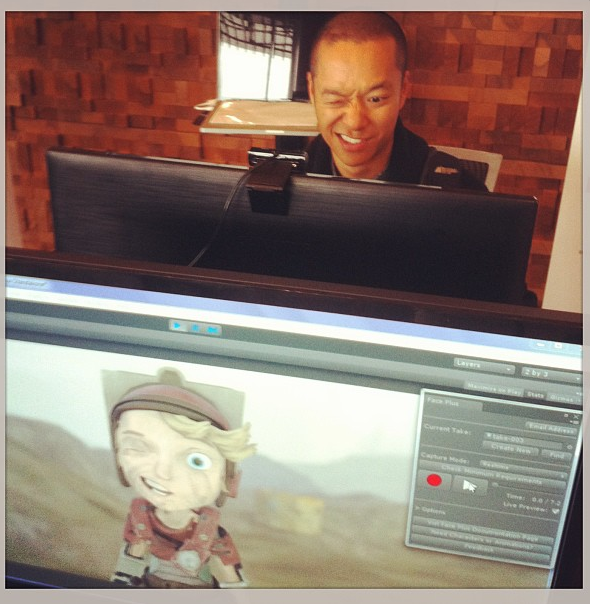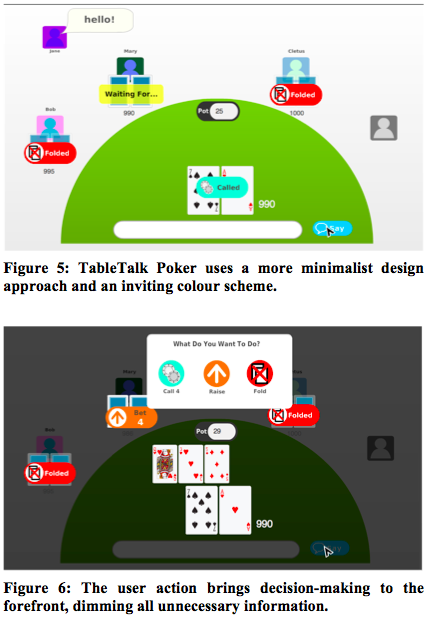Nick Shim and the power of play
Nick Shim lived out his childhood dream, making games for the Xbox and Playstation. A Human Computer Interaction, Researcher and Engineer Shim came into grad school after having worked at Electronic Arts for a number of years.
“ I had an itch to see what research was like. As an astute professor once told me, grad school is the only place where you can work on almost anything you like and get paid/funded for it.”
And so Nick left his lucrative career, met Prof Ron Baecker, went back to grad school and changed direction.
“Ron had a vision for an underserved elderly population. He has incredible foresight and he wants to change the world (again).”
Appreciated the life in seniors, and the seniors in your life
“When you’re young, you always think there’s more time. I was close to my grandma when she was around, but when she passed I felt like I should’ve spent more time with her, getting to know her and her perspective more. The wealth of experience and stories, unique to her and the era she lived in.”
Seniors and isolation: No pill for loneliness
“Getting older, our social network gets smaller – family moves away, kids leave, friends and siblings die. Various limitations often make seniors apprehensive to foster relationships. I thought what could we do from a technology stand-point?”
As part of his research, Nick visited Yee Hong seniors home and observed the elderly play Nintendo Wii Bowling:
“There were only 4 players, but 10 to 15 people were in the room just watching and having a great time. I saw the natural roles that people take on in a gaming environment– spectating, commenting, even some casual betting. Each had a feeling of accomplishment and motivation even though they weren’t the players. Hanging out. We are, after all, social beings.”
Seniors playing games
Nick’s solution: Use games as a means of encouraging social interaction, with a focus – as always – on the end user. The result: Table Talk Poker “An Online Social Gaming Environment for Seniors.
“Table Talk Poker was online poker for isolated seniors, but allowing for voice conversations between each player and a non-playing partner. Partners naturally assumed the roles of peer, mentor, or learner. We found that allowing seniors to participate in these secondary roles, improved the game’s accessibility and aided learning. Our subjects enjoyed this playing format and the opportunities for conversation it provided”.
“At the opposite ends of life the two are learning technology in parallel. It’s a rare moment in history and it’s beautiful.”
Nick is back in industry, now making apps for preschoolers at Sago Sago. Oddly he finds so many similarities in working with kids as he did with seniors.
“From a usability standpoint, kids are still honing their motor skills and most are unable to read. For completely different reasons (often times physical disabilities), seniors face the same. Designing for these demographics is a tricky problem, but that’s also what makes it fun.”
“Grad school was probably the most trying but rewarding time of my life. It’s inspiring. You’re exposed to all this amazing work and these brilliant people. You feel like you’re an agent of change in the world.”

